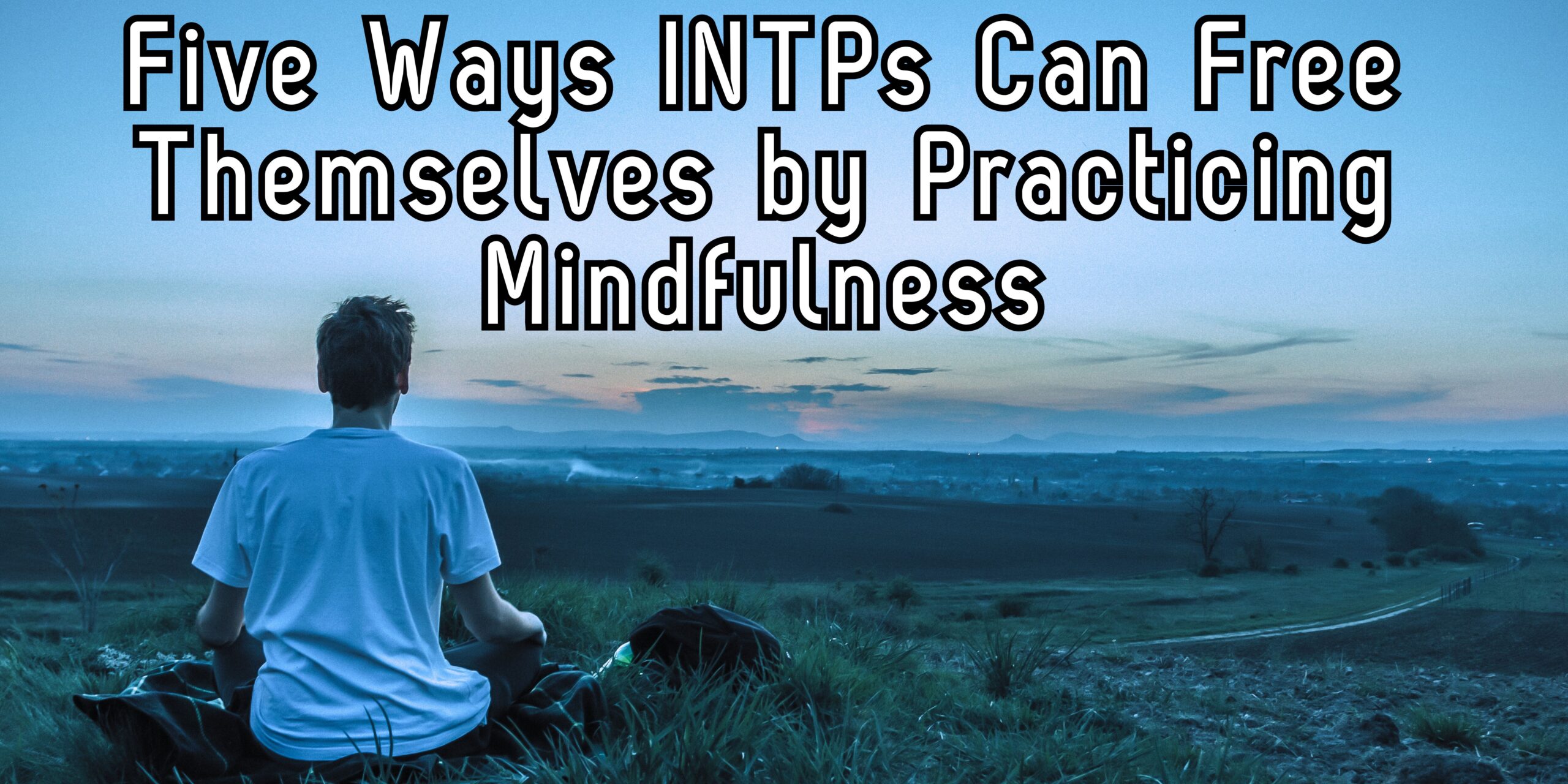INTPs, one of the 16 personality types, are thoughtful and open-minded. They are also often sensitive and loyal to those they care about.
But, like everyone, INTPs face challenges. They may overthink, feel stressed, have trouble staying organized, or struggle in social situations.
Mindfulness—paying attention to the present moment without judgment—can help. It refines INTPs’ focus on their mind, body, and surroundings. Mindfulness reduces stress, improves focus and sleep, boosts mental health, and strengthens relationships.
Here’s how INTPs can use mindfulness to gain freedom and grow.
1. Calm Overthinking
INTPs’ strongest trait is Introverted Thinking. It forms their ideas about how the world works. Introverted Thinking makes INTPs deep thinkers and innovative problem-solvers.
Yet, overthinking can make INTPs feel distracted, anxious, and indecisive. Mindfulness helps them become more aware of their thoughts and recognize unhealthy patterns. They learn when to engage with thinking and when to let it go, helping them stay focused on their goals.
2. Instill Humility
Sometimes, INTPs trust their own logic to the point of arrogance without realizing it. They may rank their reasoning above others’. INTPs can also overwhelm people with their thought process.
Mindfulness helps INTPs create space for other viewpoints. By listening more, they become more open-minded and thoughtful. Humility helps INTPs learn more and contribute to the world constructively.
3. Narrow Down Choices
Extroverted intuition is another INTP strength, able to explore many ideas and possibilities. But this imagination can also be overactive, making it hard to make decisions. INTPs may avoid choosing anything at all.
Mindfulness helps INTPs examine each option more clearly, making it easier to decide. It also allos INTPs to disqualify poor judgments they might otherise overestimate. Thus, this practice helps INTPs bring their best ideas to life.
4. Connect to The Body
Because INTPs spend so much time in their heads, they can ignore their bodies. Many INTPs struggle with physical routines, like sleep, healthy eating, and exercise. With underdeveloped Introverted Sensing, it’s harder for INTPs to notice their physical needs.
Fortunately, mindfulness fosters awareness of the body. By quieting their mental chatter, INTPs attune to how they are physically feeling. As a result, they become better regulated, healthier, and more balanced.
5. Manage Emotions
Extraverted Feeling is the INTP’s fourth and most inferior function. As a result, they can struggle with emotions, both their own and others’. INTPs may avoid relationships or isolate themselves to escape social discomfort.
Mindfulness helps INTPs face and process emotions. it encourages experiencing emotions, seeing them as they are, and letting them go. This can be invaluable for INTPs, who can drown in strong emotional waves.
Since this is a weak point for INTPs, it might cause some discomfort during meditation. Feelings that INTPs typically suppress may confront them when they practice mindfulness. Yet, once INTPs master them, new levels of liberation become possible.
How INTPs Can Practice Mindfulness
Mindfulness is simple and universal. Anyone can practice it: sit with feet on the floor, close your eyes (or keep a soft gaze), and focus on the present moment.
For INTPs, quieting the mind might be hard at first. Guided meditations from apps like Headspace or Calm are helpful, and free meditations can be found online.
Mindfulness helps INTPs overcome their weaknesses and achieve self-awareness. It enables them to free themselves and share their unique insights with the world.
Stay in the Loop
For more mindfulness or wellness content, subscribe to receive new posts and newsletters.
